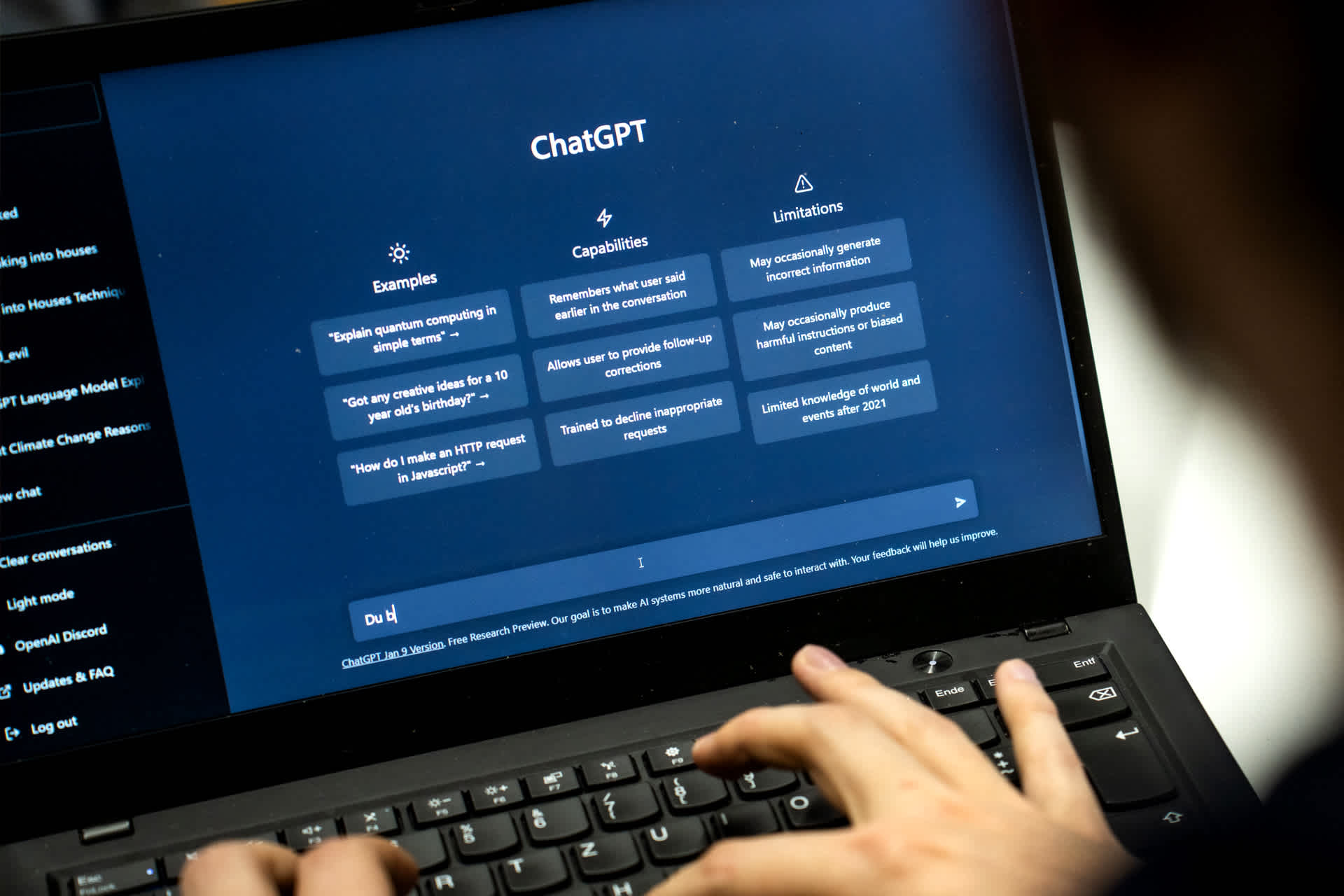This AI Job Is Hot

A new kind of AI job is emerging. It pays six-figure salaries. And it doesn’t require a degree in computer engineering, or even advanced coding skills.
Many companies are looking to hire prompt engineers. These are people who work on generative artificial intelligence. It’s the kind of AI that can create all-new content, including text, audio, video, and images. Prompt engineers are responsible for training AI tools to deliver more-relevant responses to the questions people are likely to ask.
What Does a Prompt Engineer Do?
Anna Bernstein is a prompt engineer at a generative-AI firm called Copy.ai. Her job involves writing prompts. She feeds them into the back end of AI tools so they can generate a blog post or sales email with accurate information and the proper tone. She doesn��’t need to write technical code to do this. She simply types instructions to the AI model to help it refine responses.
“There aren’t many of us prompt engineers, and for a long time it really felt like it was just me,” Bernstein says. She joined Copy.ai in September 2021. That was about a year before OpenAI’s ChatGPT went viral for its ability to generate elegant writing and answer almost any question. “At the time, the term prompt engineer didn’t exist, and they were unsure whether it was even a role that could exist.”
Bernstein studied English in college. “I had no tech background whatsoever,” she says. “But to have a humanities background in this field seems to me like a triumph, especially since part of the point of developing AI is to imitate human thought.”
A Surge in AI Jobs
Prompt engineering is now considered one of the hottest tech jobs. That’s because companies are looking for ways to help train and adapt AI tools to get the most out of new large language models. At the moment, these tools provide results that are not always correct or appropriate.
It’s too soon to tell how big prompt engineering will become. But a range of companies and industries are beginning to recruit for these positions. A company called Anthropic is advertising salaries up to $335,000 for a “prompt engineer and librarian” in San Francisco. Applicants must “have a creative hacker spirit and love solving puzzles,” the listing says. Not all of these new jobs are in the tech world. In Massachusetts, Boston Children’s Hospital recently advertised a prompt engineering job.
How to Become a Prompt Engineer
Rob Lennon is an expert in prompt engineering. He began teaching paid online courses in December designed to help the average person learn the skills needed for a job in the field. Around 2,000 students have already taken his two courses. “People are clamoring for this knowledge,” Lennon says.
But some experts say the prompt engineering hype will burn out once AI becomes more capable of generating its own prompts. Ethan Mollick is an associate professor at the Wharton School, the business school at the University of Pennsylvania. “It’s not clear that prompt engineering is going to matter long-term because AI programs are getting better at anticipating what users need and generating prompts,” he says. “We also don’t know if there’s a special skill involved for prompt engineering, or if it just requires a lot of time spent with chatbots.”
And the high salaries may not last. “These are jobs that probably only 500 people could do right now, so there are these insane salaries,” Lennon says. “But in six months, 50,000 people will be able to do that job. The value of this knowledge is greater today than it will be tomorrow.”
Mollick says those interested in exploring this field should try experimenting with large language models like GPT+ rather than take an online course. (Note: Kids should ask their parents or guardians for permission to use ChatGPT.) Just remember: AI systems are changing quickly. The prompts that work today may not work in the future.


